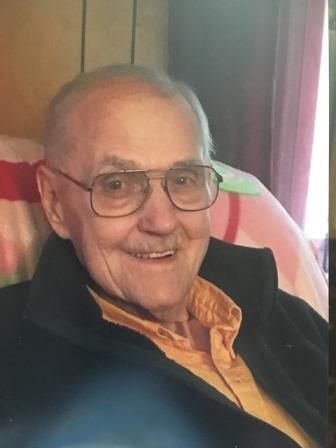Defense Secretary James Mattis told reporters Friday that the administration is “close” to finalizing a plan going forward in Afghanistan. He stressed that putting together an overall strategy “takes time” and added, “this is hard work so you’ve got to get it right, that’s all there is to it and we are working to get it right.”
Mattis had said on several previous occasions that a decision would come by mid-July. When asked by reporters if the delay is because of political issues, he replied: “I hope it’s a political decision. You fight wars for a reason.” Mattis added, “once you get the policy right then you have to get the strategy right.”
Mattis insisted that there is no stalemate in Afghanistan. “It’s not like we just stalled out here … We have changed what we’re doing. But I have not used the authority that has been granted to me, I’m going to figure it out before we — last thing I want to do is send troops in there and find I sent troops in for something I just canceled, these troops go in harm’s way so you have to be careful.”
Two defense officials close to the discussion on Afghanistan policy tell CNN that the top US commander for Afghanistan, Gen. John Nicholson is likely to get what he is requesting. The officials say that an additional 3,000 to 4,000 more troops are likely to be sent to the country. However, the officials caution that no final decision has been made.
What remains unclear is whether the troop increase would involve sending additional US forces or just topping off the unfulfilled NATO requirement from US allies. Mattis acknowledged how precious forces are for the US and allies: “There will be some allies who are willing to send more troops. We are aware of that. But again their troops are as precious to them as ours are to us so we’ve got to get this thing right.”
Approximately 8,000 US troops are currently in Afghanistan.
Mattis also hinted that an official troop number increase may not be made public, “I think we’ll certainly give the framing principles. Wherever we can give the plan in a way that doesn’t jeopardize the lives or the mission, we’ll do it. I don’t want to tell the enemy that (how many troops). … You know me I am always going to be conservative, if it’s going to endanger the troops: nope, not going to talk about it.”



